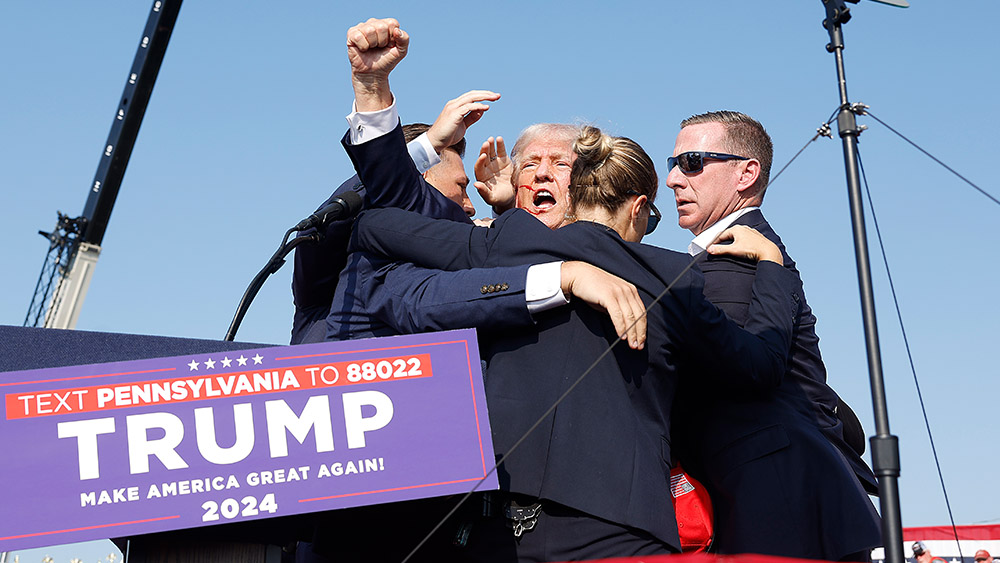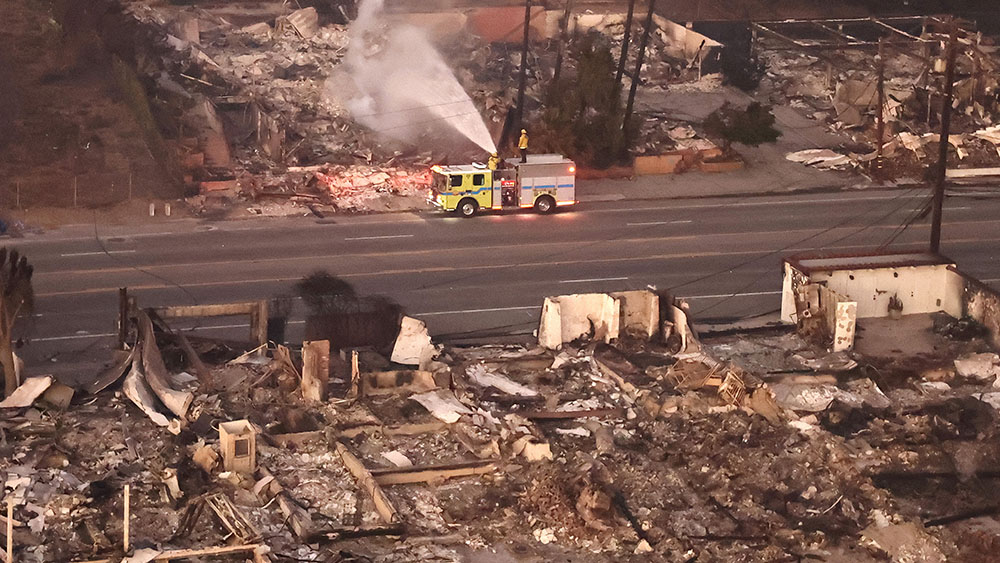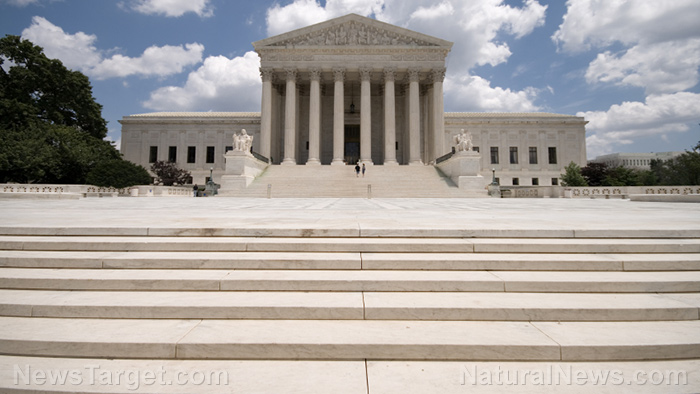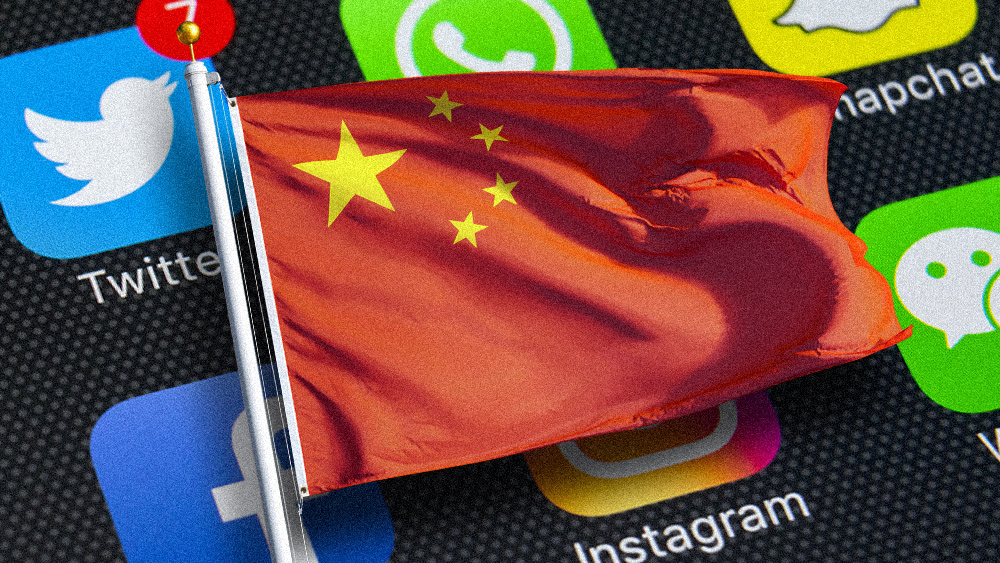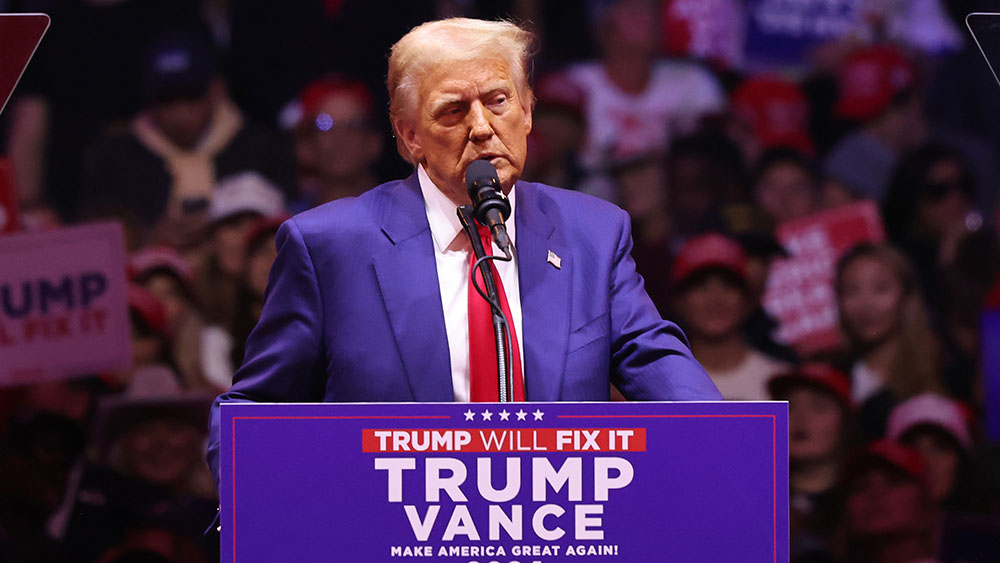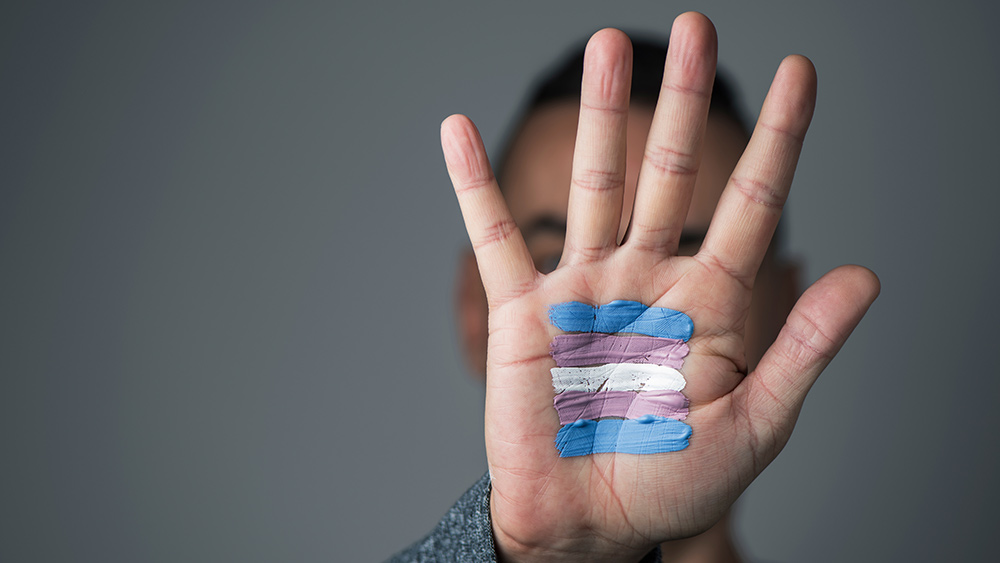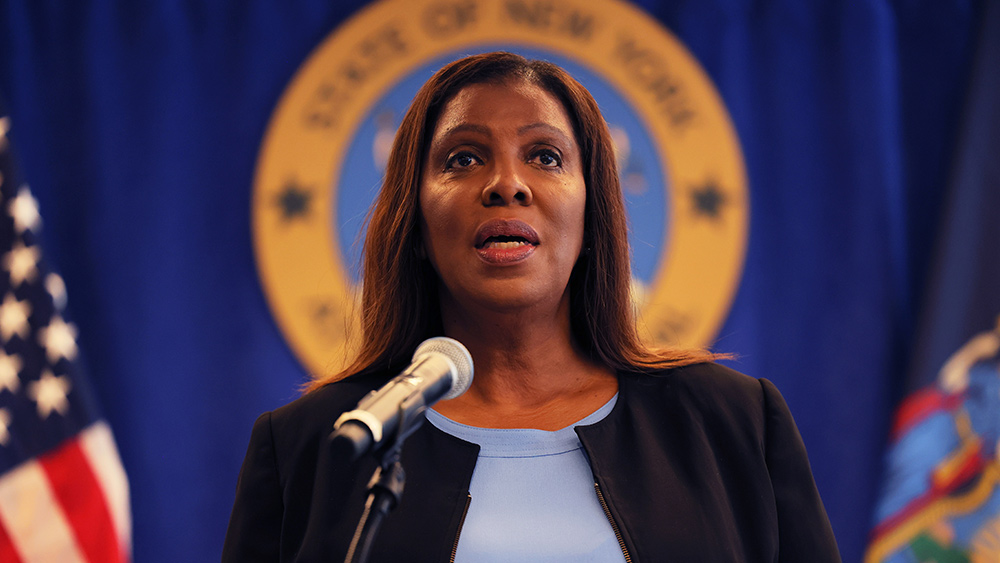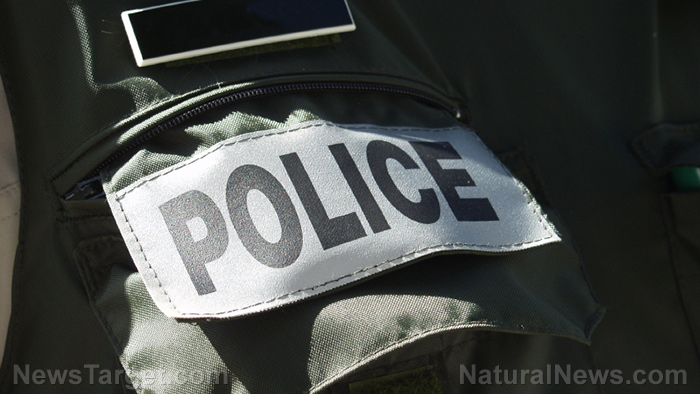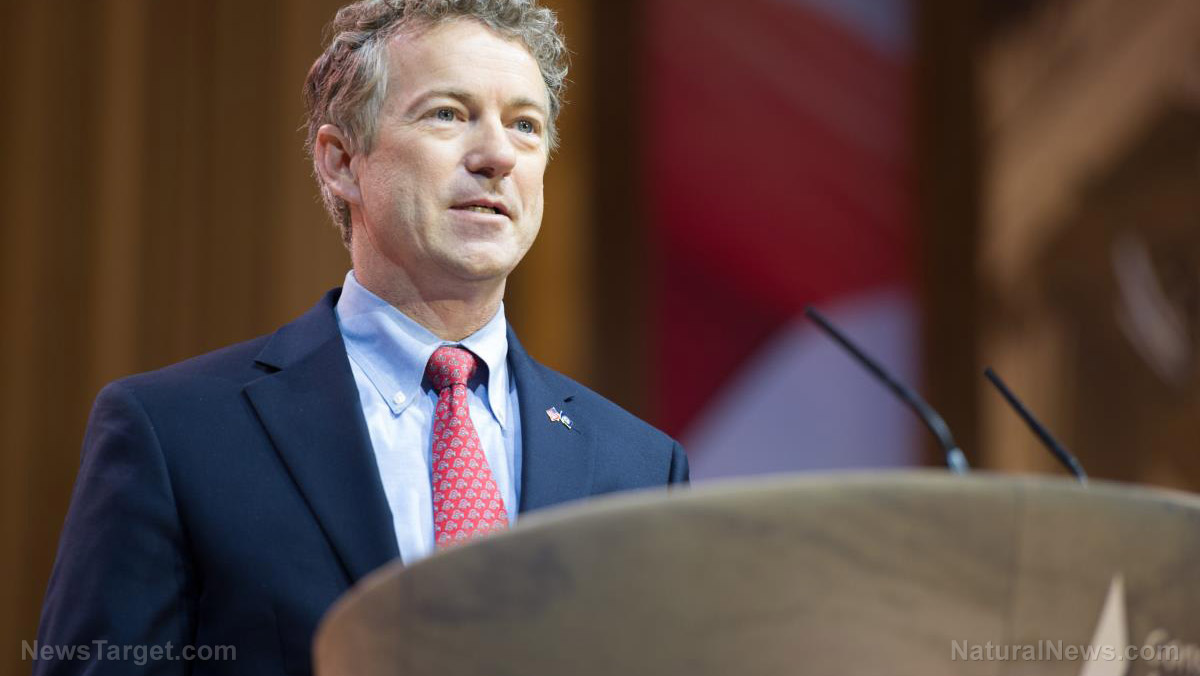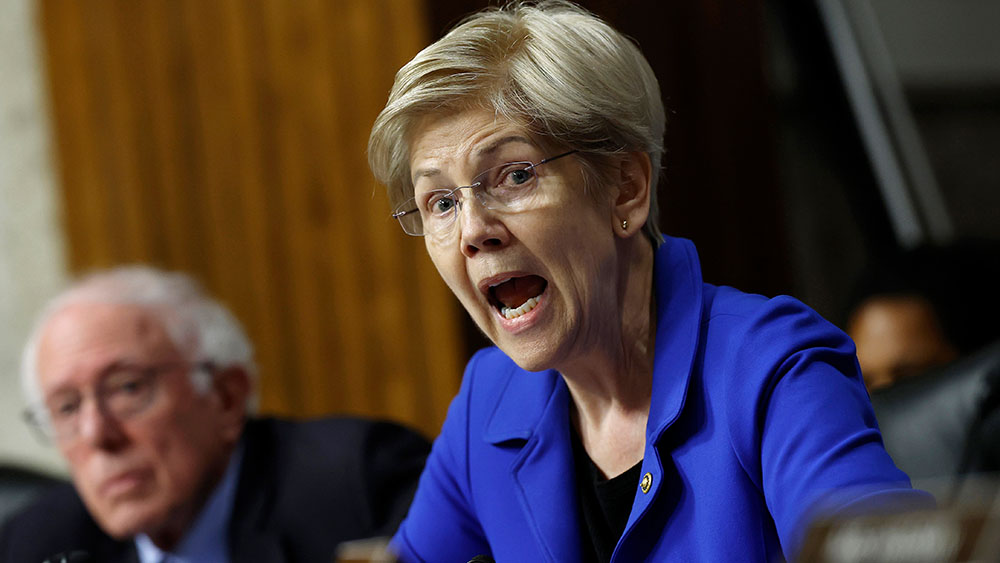Biden removes Cuba from list of state sponsors of terrorism in exchange for release of some political prisoners
01/19/2025 / By Ava Grace
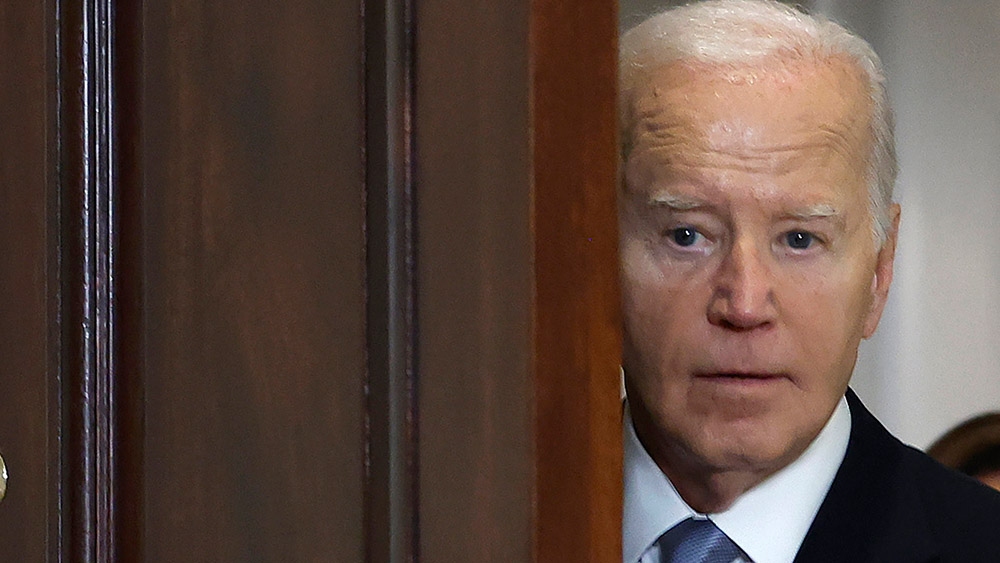
- President Joe Biden announced the removal of Cuba from the U.S. list of state sponsors of terrorism.
- The White House claims this humanitarian gesture, mediated by the Catholic Church, will secure the release of political prisoners and includes easing some economic pressures placed on Cuba.
- Critics argue Cuba has not made any meaningful reforms or renounced support for terrorist groups in the Americas and continues to crack down on dissent on the island.
- Cuba was first added to the terrorism list in 1982 for supporting Marxist insurgencies and terrorist groups. Removed by Obama in 2015, it was reinstated by Trump in 2021 due to Cuba’s support for Venezuela’s Maduro and harboring U.S. fugitives.
In one of his last major acts before leaving office, President Joe Biden has announced his intention to remove Cuba from the United States’ list of state sponsors of terrorism.
The White House claims this move will facilitate the release of “many dozens” of detainees unjustly held by the Cuban government, with the Catholic Church acting as a mediator. In exchange, the U.S. will ease economic pressures on Havana, including reversing aspects of a 2017 memorandum that strengthened sanctions during the first term of incoming President-elect Donald Trump. (Related: Socialism update: No lights in Cuba, no water in L.A.)
The U.S. list of state sponsors of terrorism, maintained by the Department of State, identifies nations that have “repeatedly provided support for acts of international terrorism.” Cuba was first added to the list in 1982 due to its support for Marxist insurgencies and terrorist groups across Latin America.
Cuba was first removed from the list in 2015 by former President Barack Obama as part of its broader normalization efforts. Trump reinstated the designation before his first term ended in 2021, citing Havana’s support for Venezuelan President Nicolas Maduro and its harboring of U.S. fugitives.
Critics warn Cuban regime is no different and will continue to crack down on dissenters
The Biden administration’s decision to reverse this policy raises serious concerns. Critics argue that Cuba has not demonstrated meaningful reform or renounced its support for destabilizing actors in the region. Instead, the regime has intensified its crackdown on dissent, imprisoning hundreds of protesters following the historic anti-government demonstrations of 2021.
The timing of this decision is also suspect. With just days remaining in Biden’s term, the move appears rushed and politically motivated. Lawmakers, including Sen. Ted Cruz (R-TX) and Rep. Carlos Gimenez (R-FL), both of whom are of Cuban descent, have condemned the move as a betrayal of U.S. interests and a capitulation to Havana’s hostile communist regime.
Cuba’s response to the decision has been predictably mixed. While Havana described it as a “step in the right direction,” it also criticized the timing and emphasized that most U.S. sanctions remain in place.
In exchange for the slight loosening of economic sanctions, the Cuban government announced plans to release 553 prisoners, though it provided no details about who would be freed or whether they include the detainees Washington sought to free in the first place.
For families of those imprisoned after the 2021 protests, the announcement offers a glimmer of hope, but it also underscores the regime’s continued reliance on repression to maintain control.
Watch this video of political commentator Alex Christoforou discussing Biden’s decision to remove Cuba from the list of state sponsors of terrorism.
This video is from the Oldyoti’s Home Page channel on Brighteon.com.
More related stories:
A SPY AMONG US: Former U.S. ambassador charged with secretly SPYING for Cuba over a 40-year period.
Sources include:
Submit a correction >>
Tagged Under:
big government, communism, conspiracy, Cuba, diplomacy, foreign relations, Joe Biden, political prisoners, politics, socialism, state sponsors of terrorism, terrorism
This article may contain statements that reflect the opinion of the author
RECENT NEWS & ARTICLES
COPYRIGHT © 2017 RESIST NEWS





